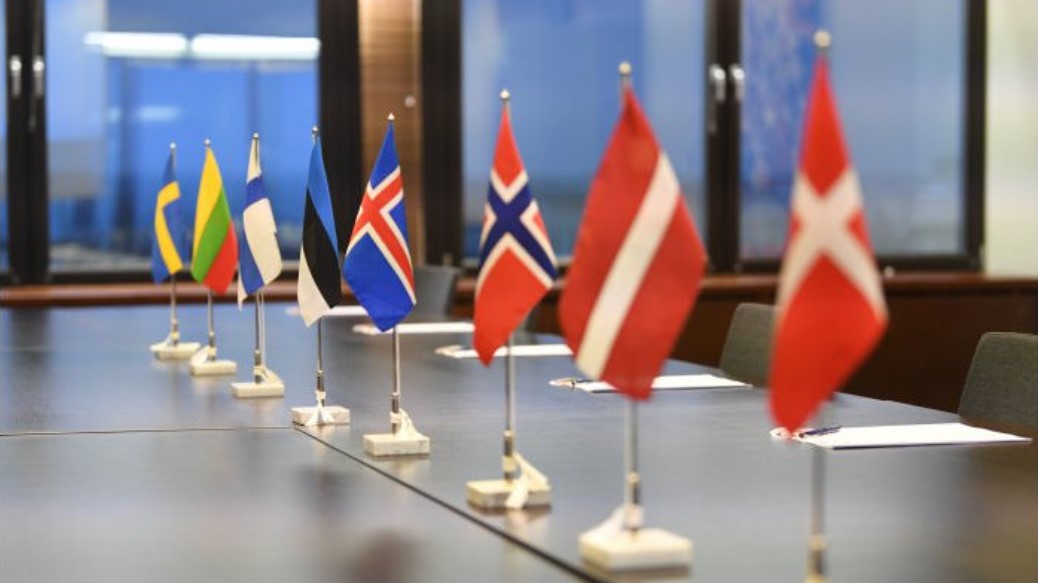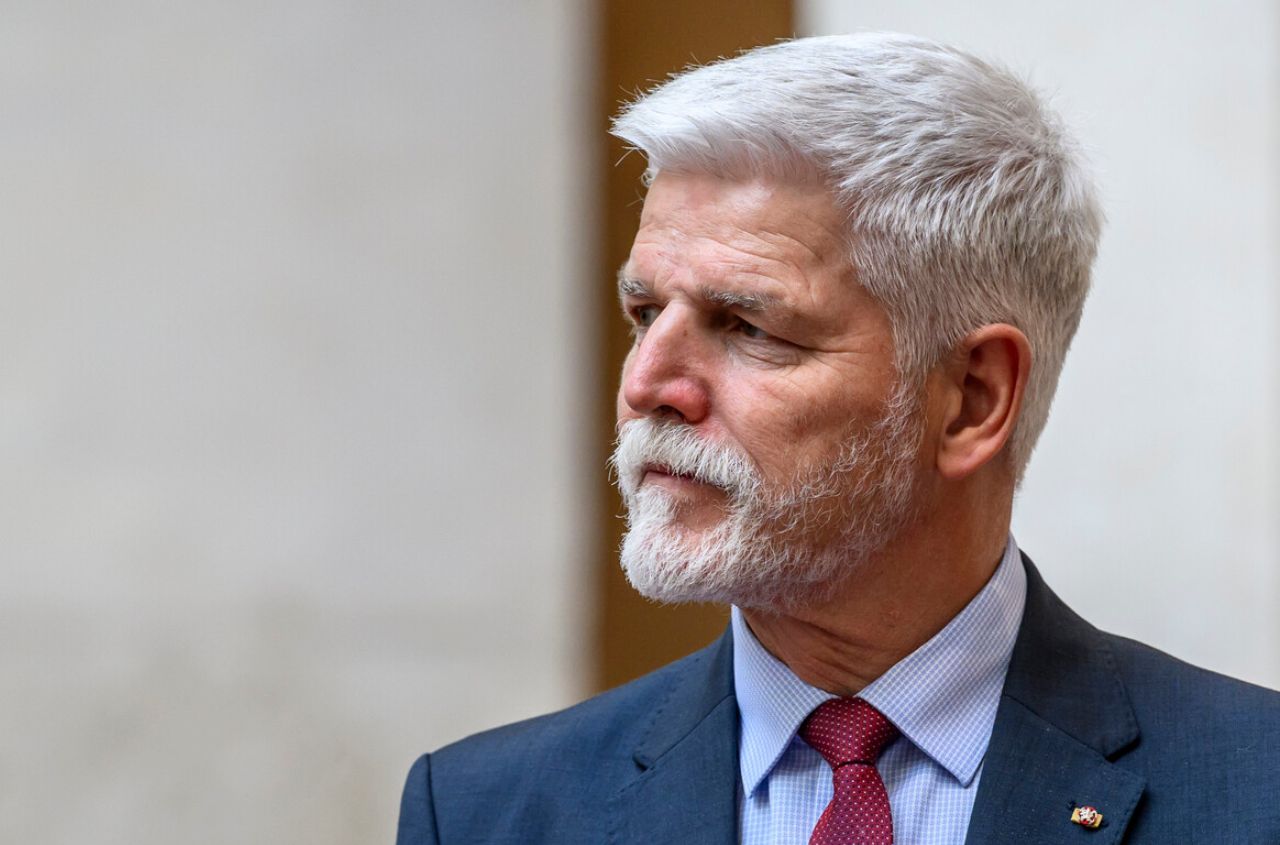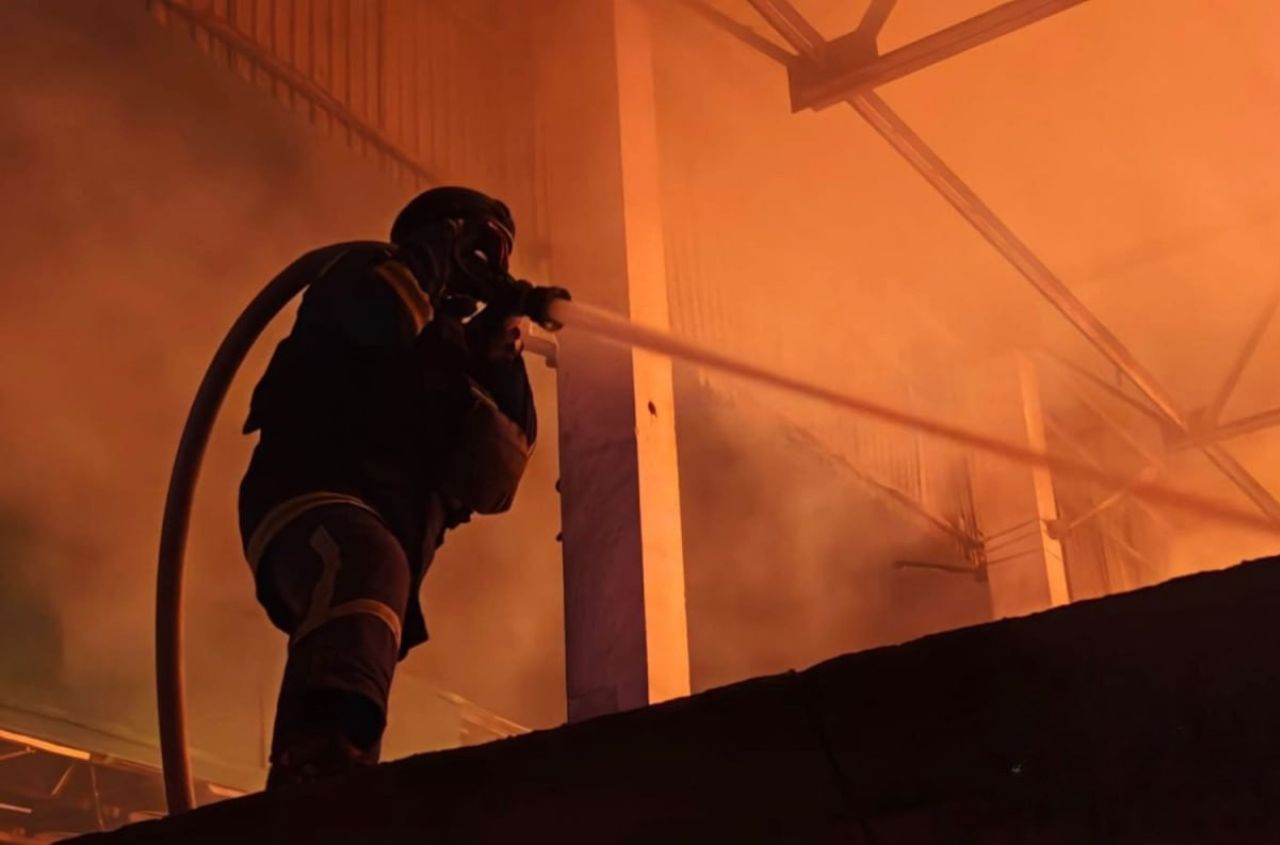Main image: Ed Ram/For The Washington Post via Getty Images
Bulgaria is expecting to receive about €500 million in compensation for providing military assistance to Ukraine over the course of three years of the Russian-Ukrainian war.
This was reported by Euractiv.
"By helping Ukraine, we are actually helping ourselves," said Bulgarian Defense Minister Atanas Zapryanov.
It is noted that Bulgaria is sending its old military equipment, made according to Soviet standards, to Ukraine, and with the funds it receives from NATO and EU allies, it can invest in purchasing new Western weapons.
The Bulgarian government stated that it received €174 million from Denmark as part of two contracts for sending military aid to Ukraine, which help compensate the country’s budget deficit.
In Sofia, they expect at least another €300 million from the US and the European Commission as compensation for sending their own military equipment to Kyiv.
Military income is especially important for Bulgaria, which is trying to reduce its deficit to 3% of GDP in order to join the eurozone by January 1, 2026.
Overall, the Balkan country is one of the largest owners and producers of Soviet-standard equipment needed by the Ukrainian army.
While Bulgarian military factories are gradually starting to produce ammunition according to NATO standards, a significant part of the industry still manufactures Soviet-style weapons, which are exported to Asia, Africa, the Middle East, and in the past three years, primarily to Ukraine.
Data from 2023 reveals that Bulgaria's military factories and arms dealers have a turnover of €3.2 billion, positioning the country as a medium-sized arms exporter on the global stage.
Despite the financial benefits for the Bulgarian army, which profits from selling old weapons, pro-Russian factions within the country continue to oppose military aid to Ukraine. The most vocal critics include President Rumen Radev, the pro-Russian Bulgarian Socialist Party (a member of the ruling coalition), and the large pro-Kremlin Vazrazhdane party, which collaborates with the German far-right AfD in the European Parliament.





















